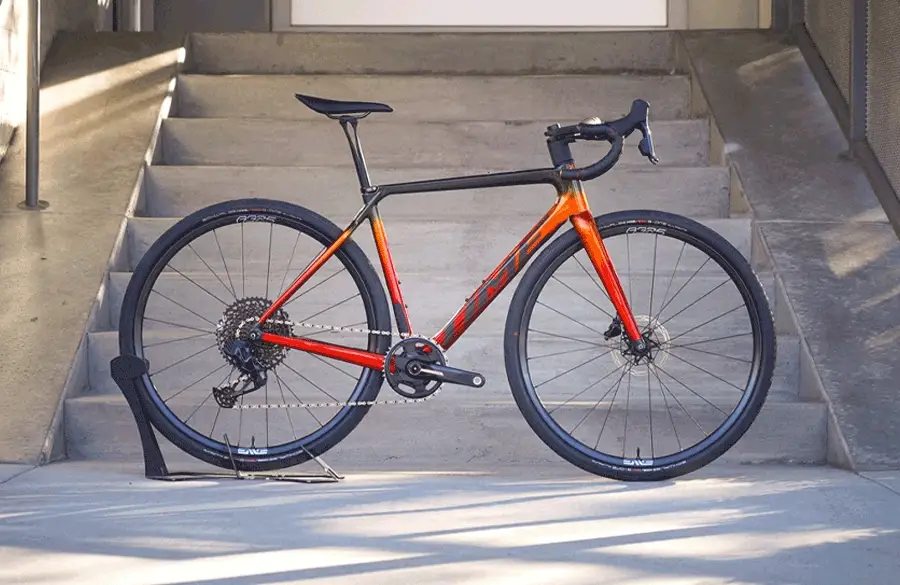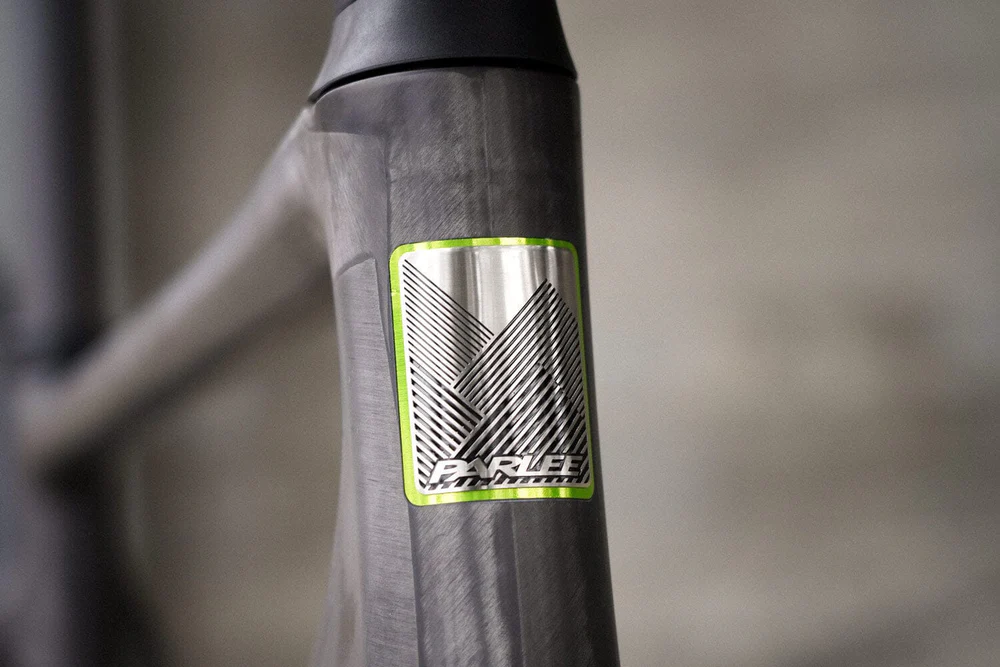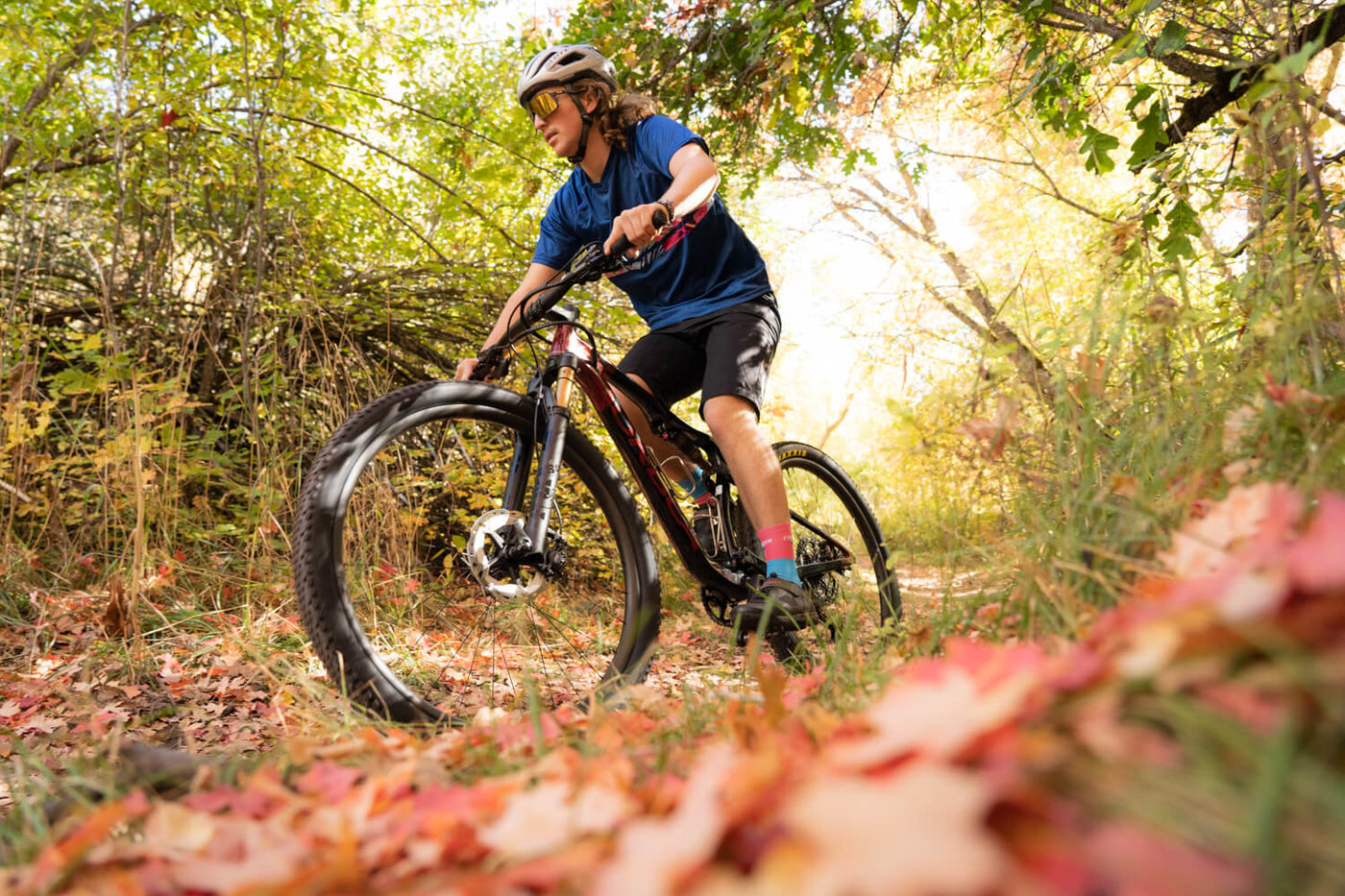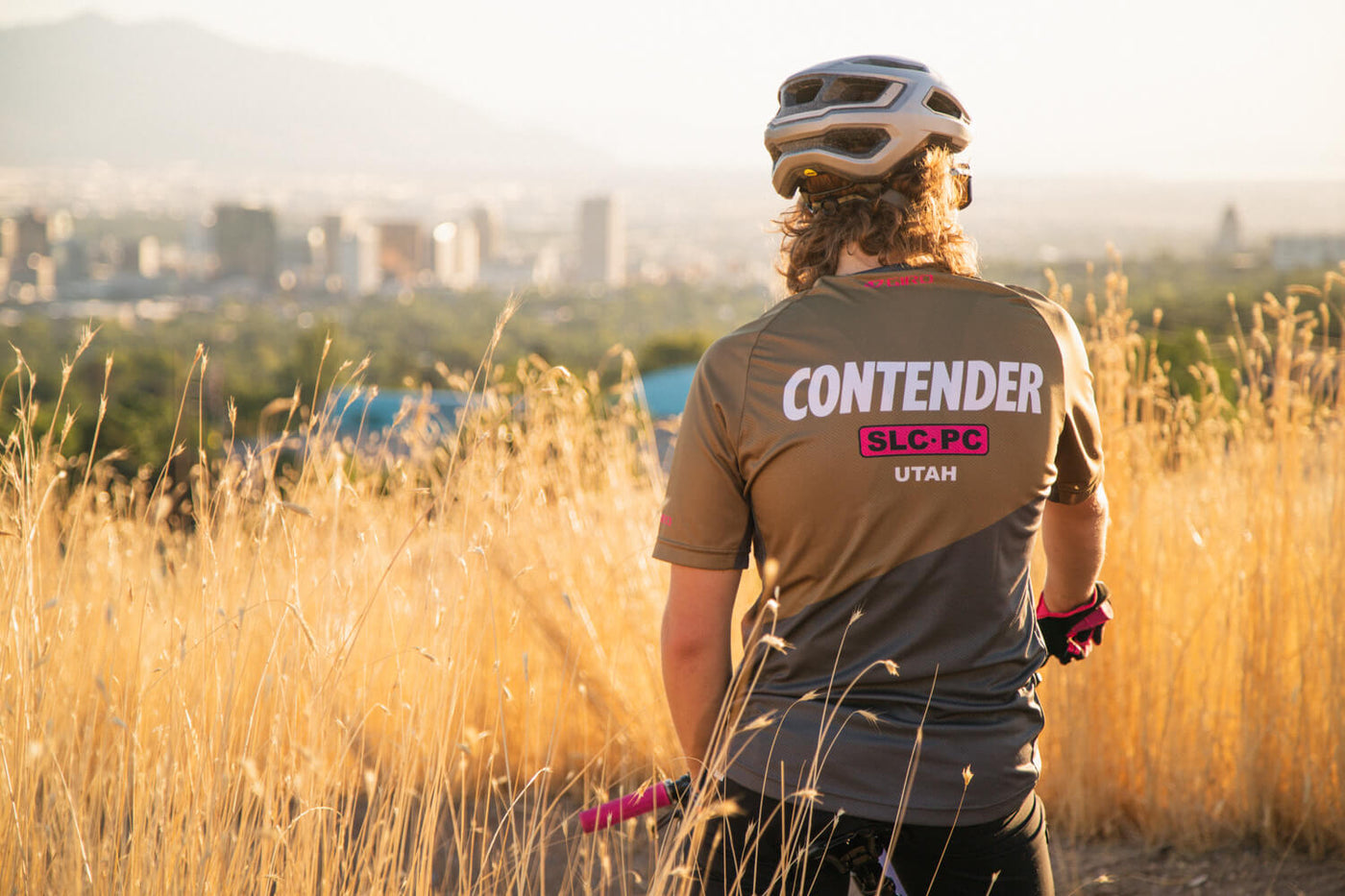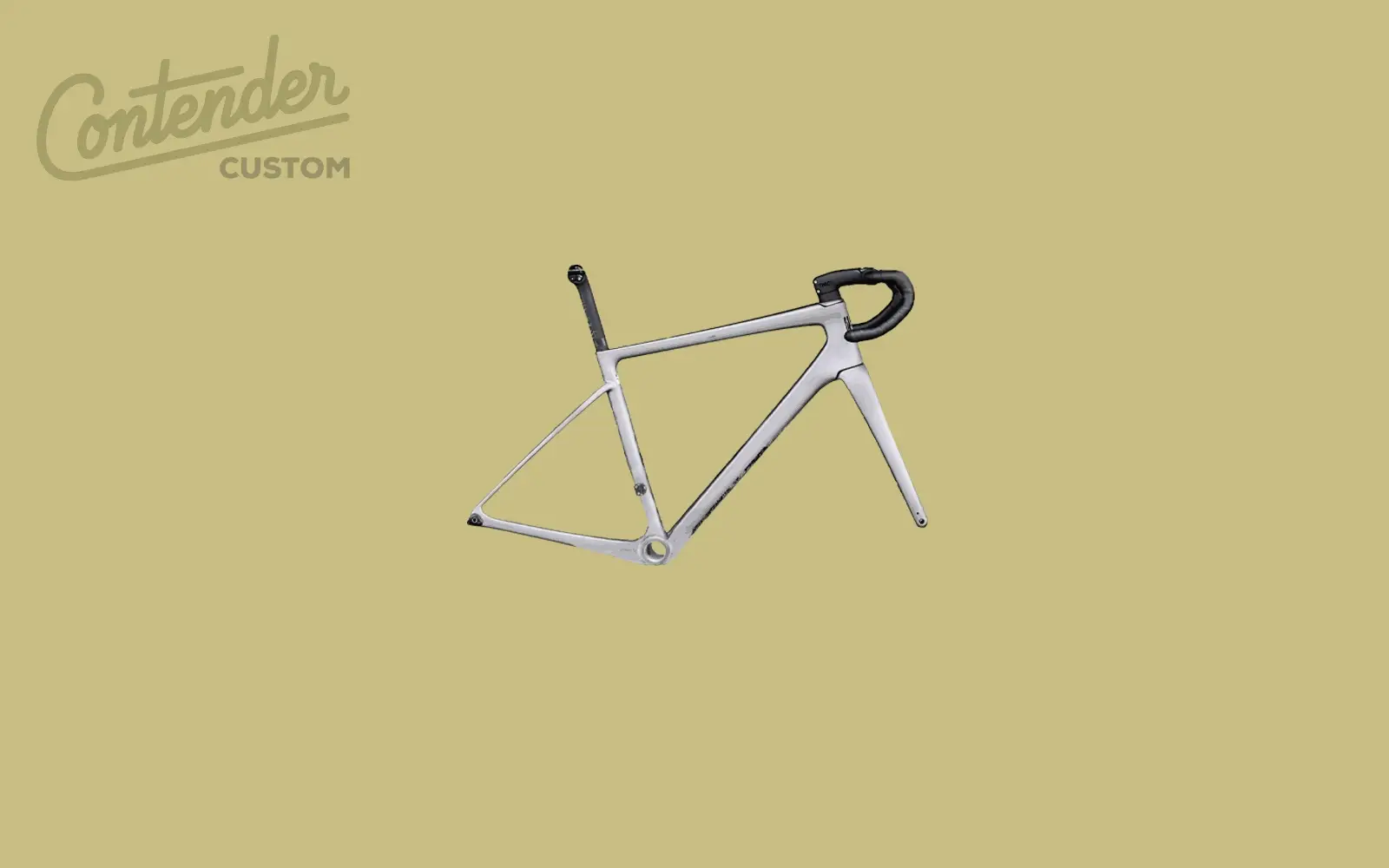
Custom
Dream It. Build It. Ride It.
Custom-built for the way you ride. Explore Contender Bicycles Custom Builds.
New Bikes
Shop All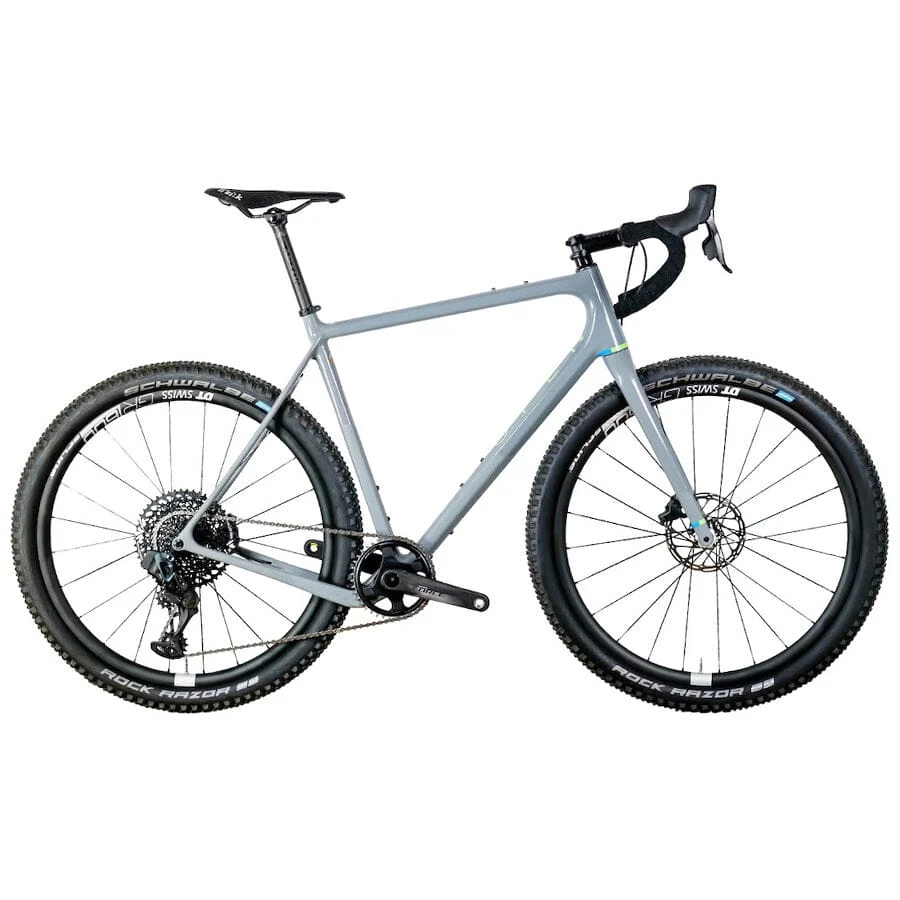
Sale 48% Off
Regular price
$3,199.95 - $4,644.95
Regular price
$4,699.95
Sale price
$3,199.95 - $4,644.95
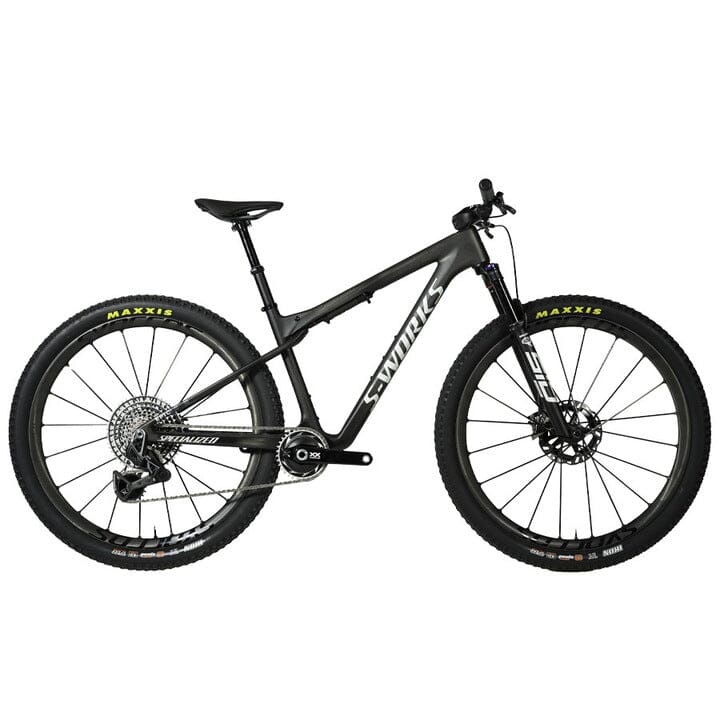
Sale 23% Off
Regular price
$9,999.00
Regular price
$12,999.00
Sale price
$9,999.00
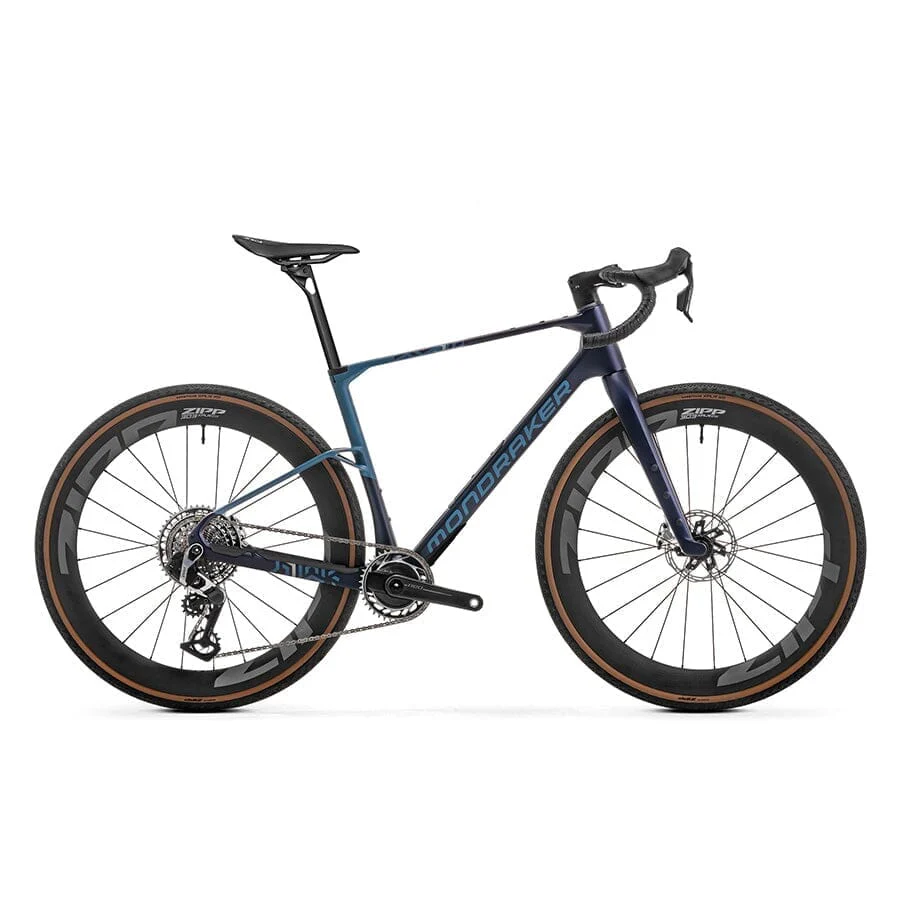
Regular price
$9,799.00
Regular price
$9,799.00
Sale price
$9,799.00
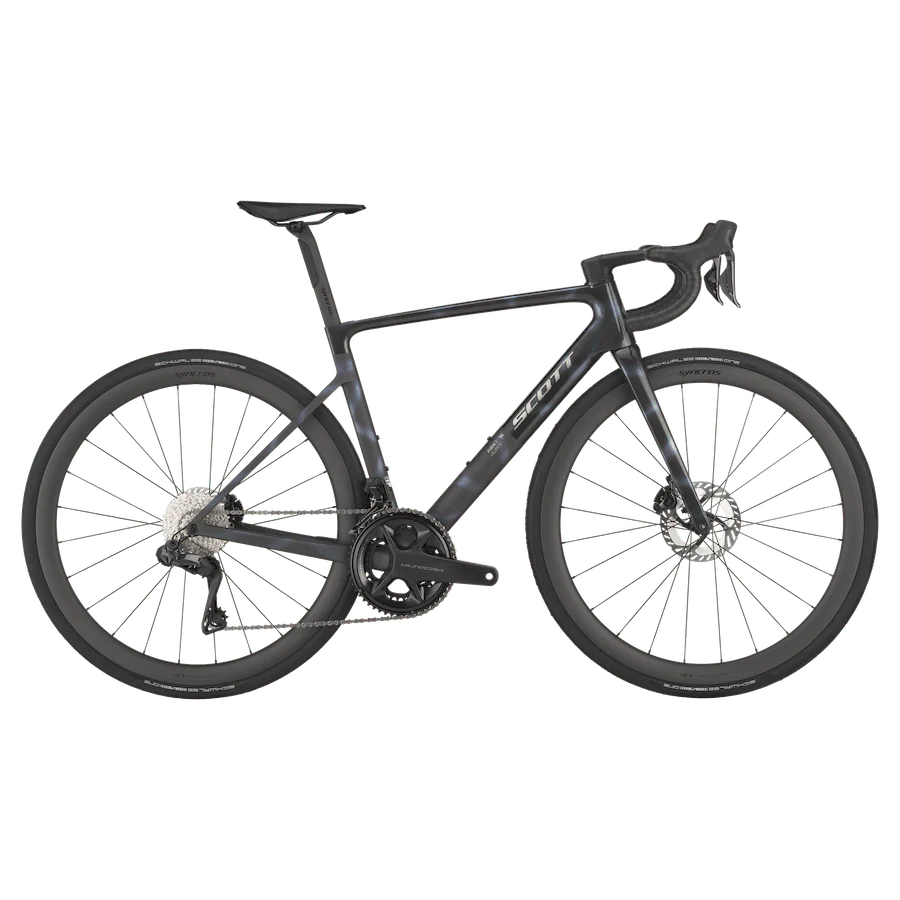
Regular price
$6,599.99
Regular price
$6,599.99
Sale price
$6,599.99
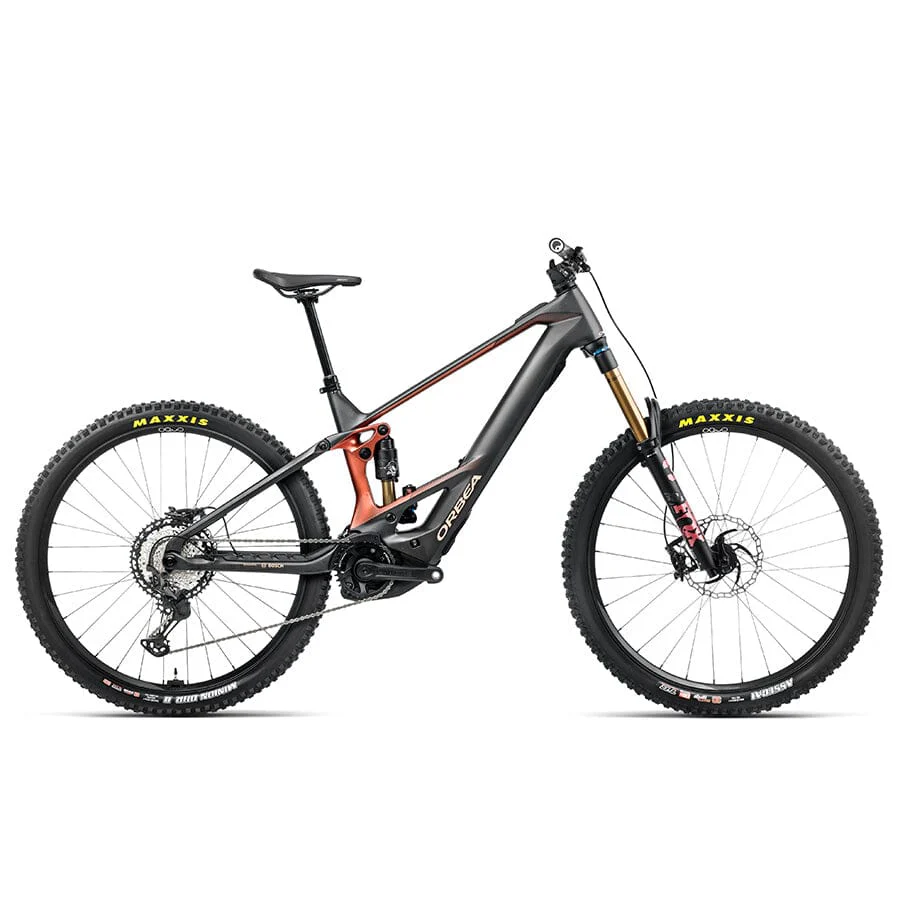
Regular price
$9,499.00
Regular price
$9,499.00
Sale price
$9,499.00
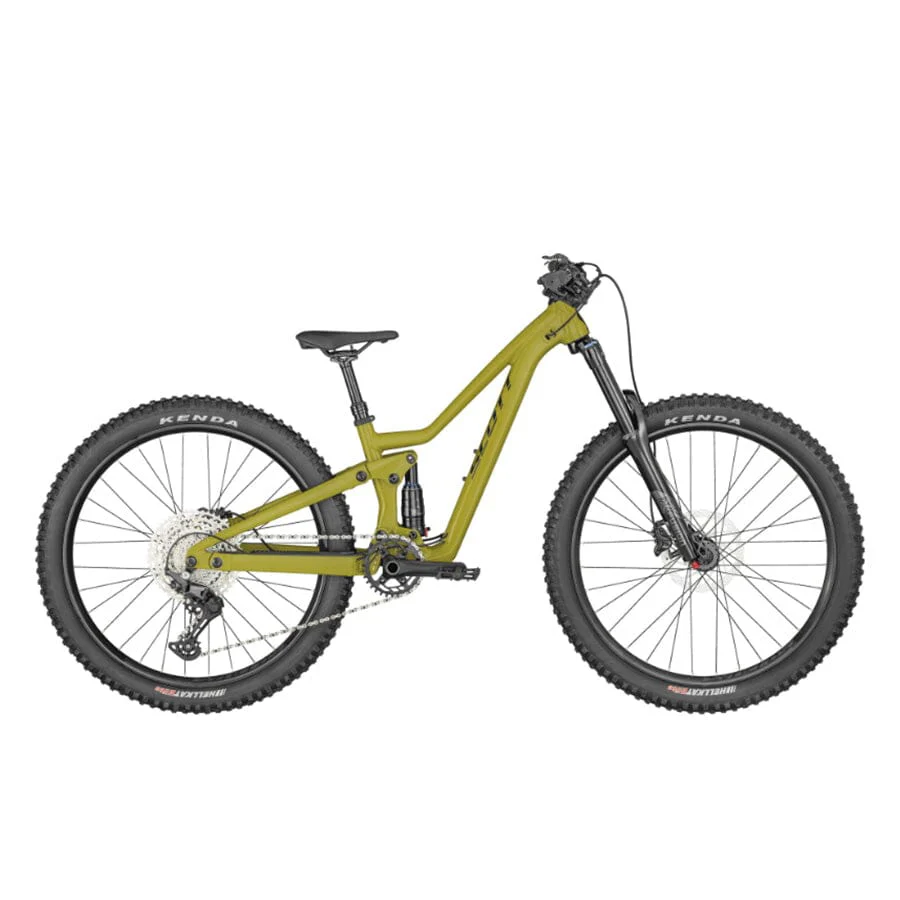
Sale 21% Off
Regular price
$1,589.95
Regular price
$1,999.99
Sale price
$1,589.95
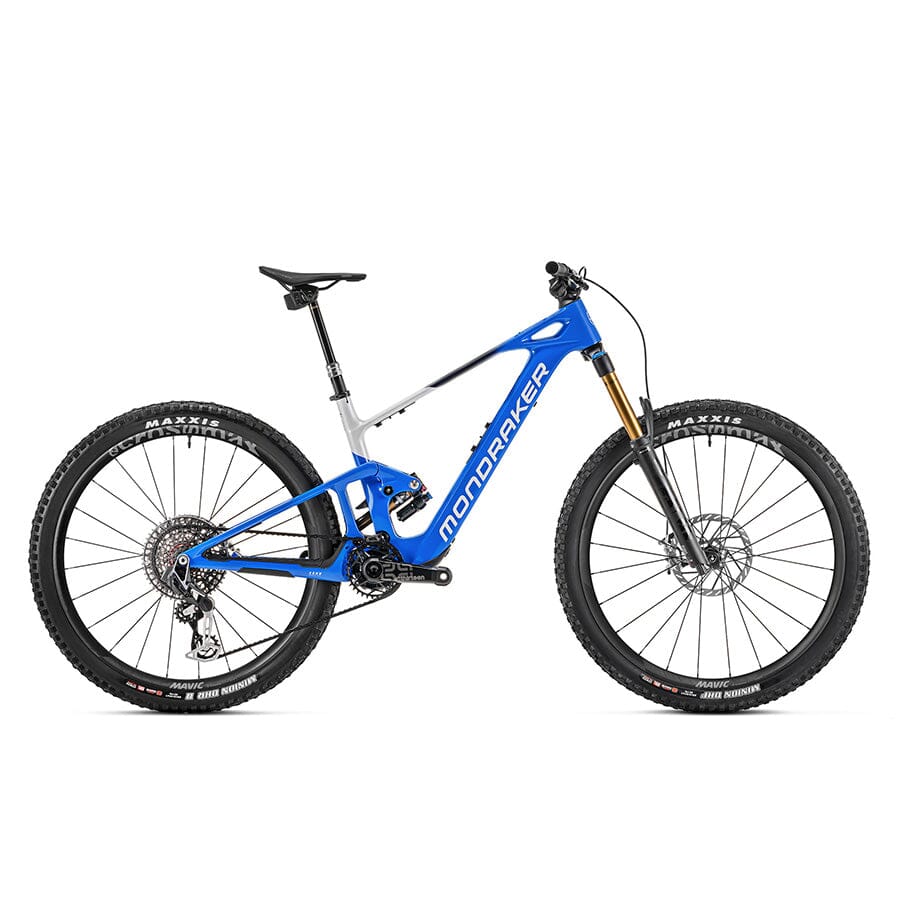
Sale 17% Off
Regular price
$9,500.00
Regular price
$11,499.00
Sale price
$9,500.00
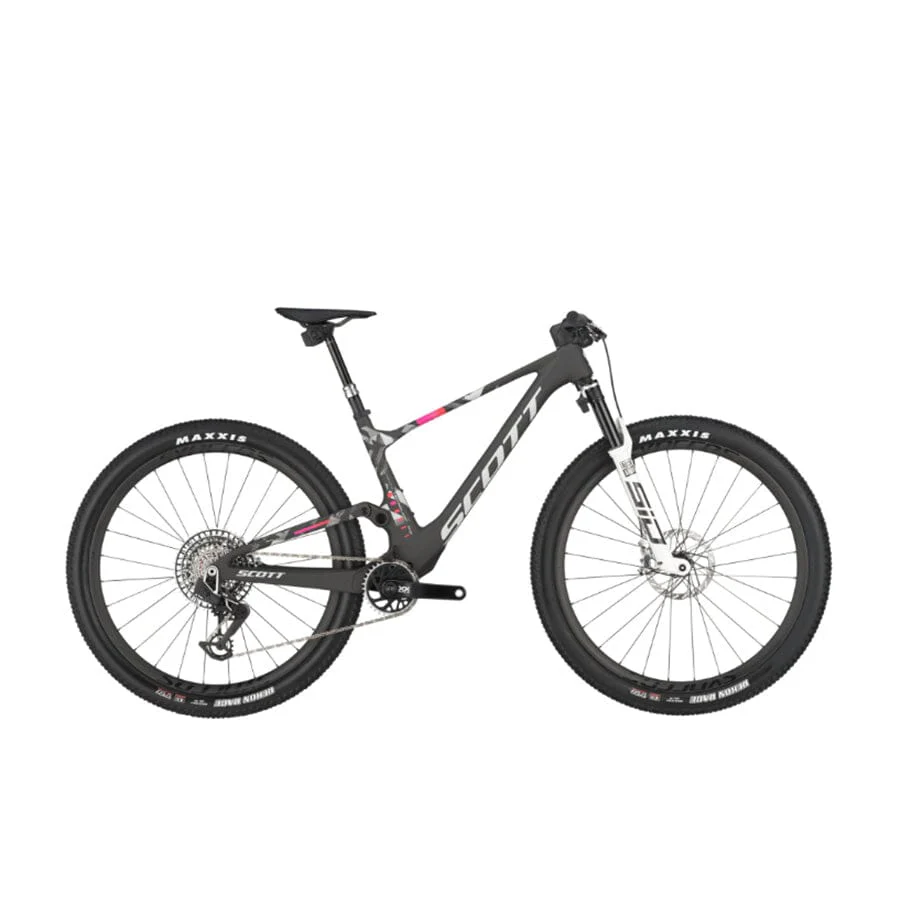
Regular price
$11,999.99
Regular price
$11,999.99
Sale price
$11,999.99
Trending
Shop All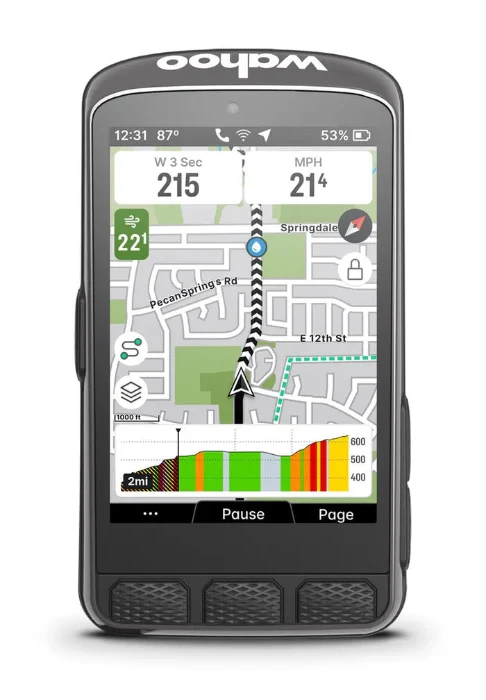
Regular price
$599.99
Regular price
$599.99
Sale price
$599.99
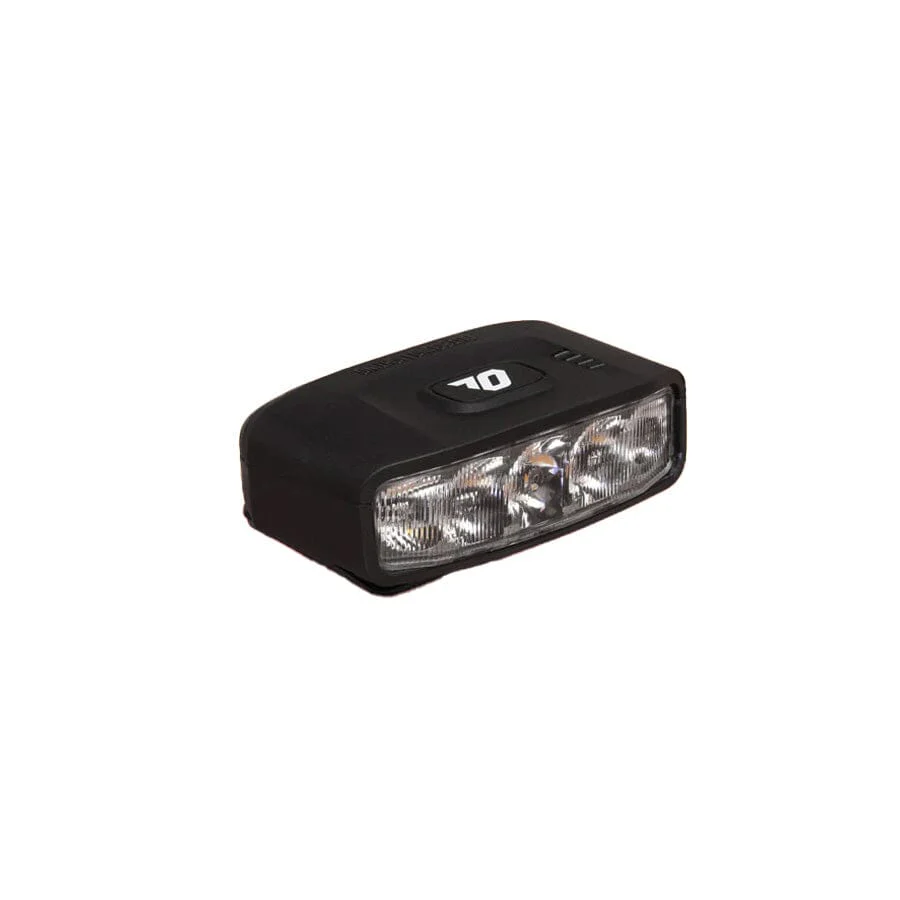
Regular price
$185.00
Regular price
$185.00
Sale price
$185.00
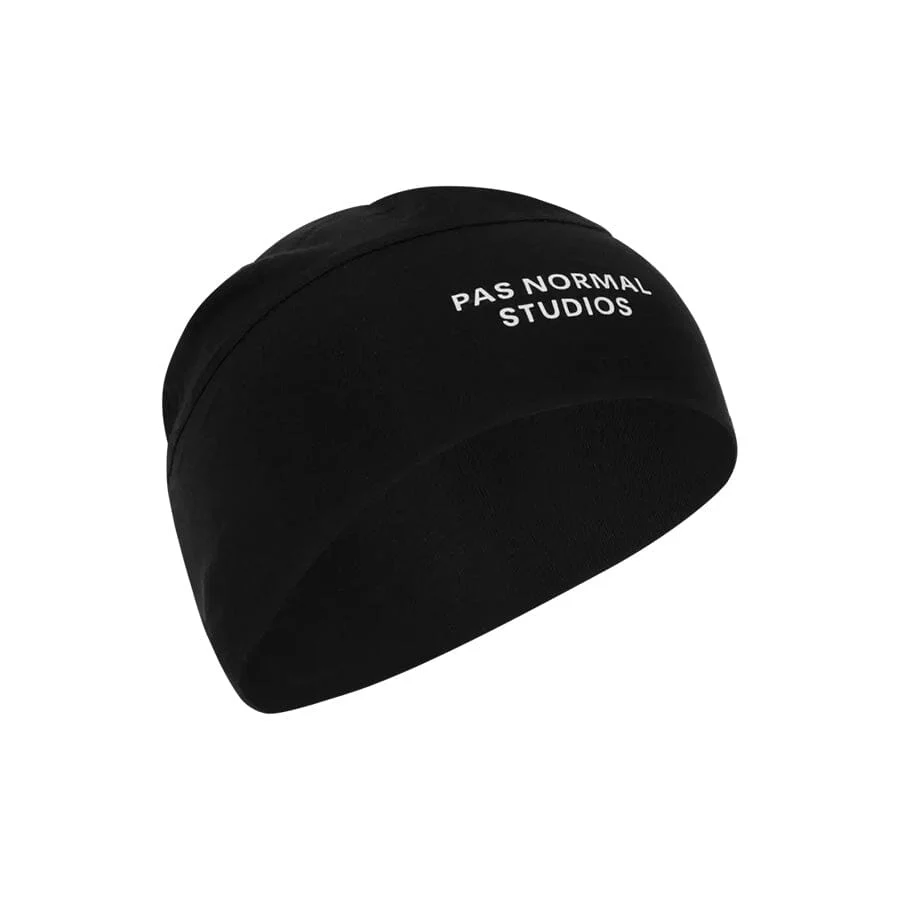
Regular price
$45.00
Regular price
$45.00
Sale price
$45.00
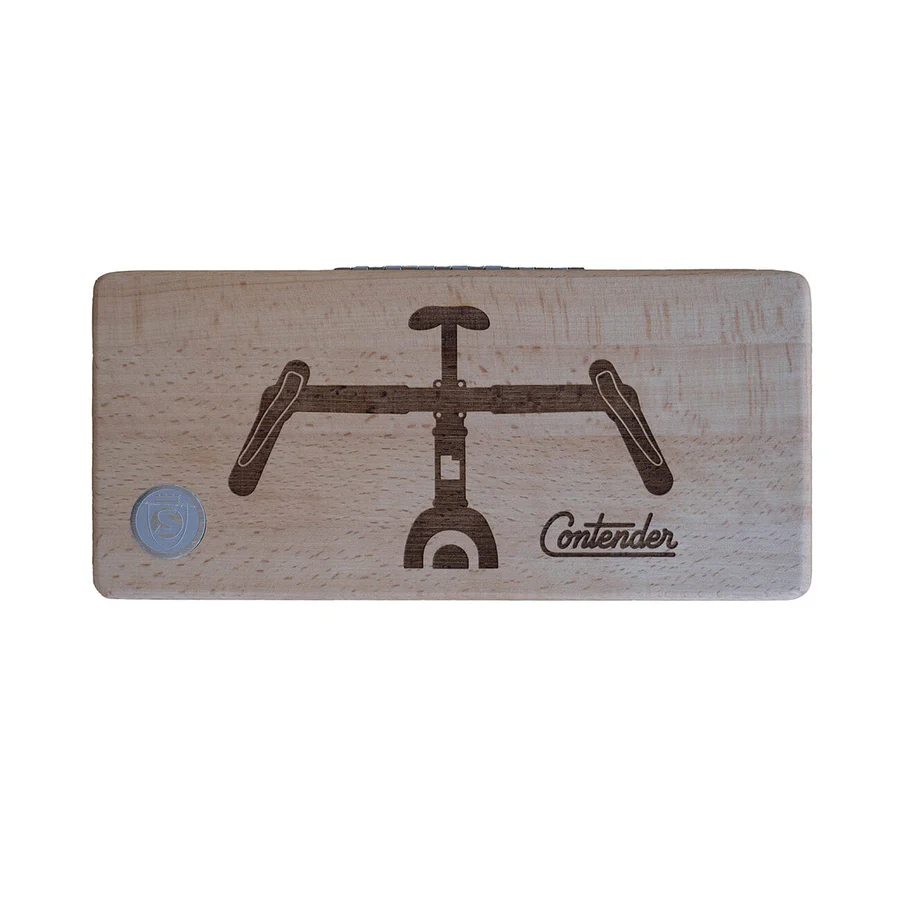
Regular price
$99.99 - $119.95
Regular price
$119.95
Sale price
$99.99 - $119.95

Sale 40% Off
Regular price
$1,199.00
Regular price
$1,999.99
Sale price
$1,199.00
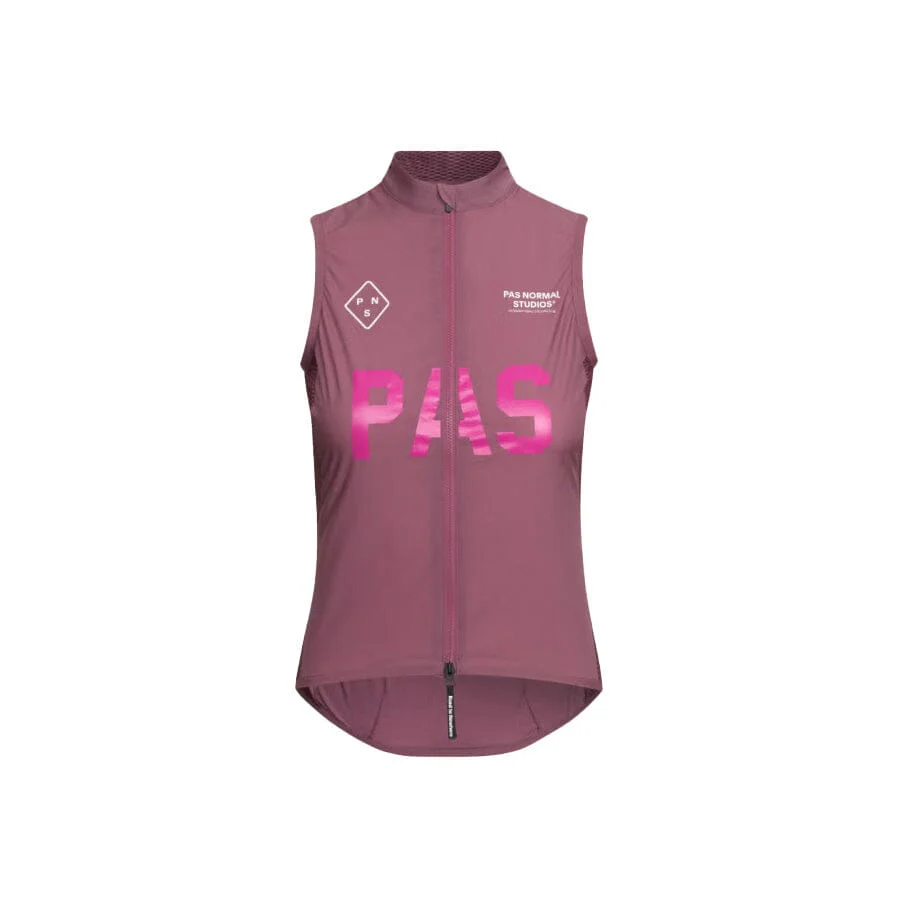
Sale 40% Off
Regular price
$93.00
Regular price
$155.00
Sale price
$93.00
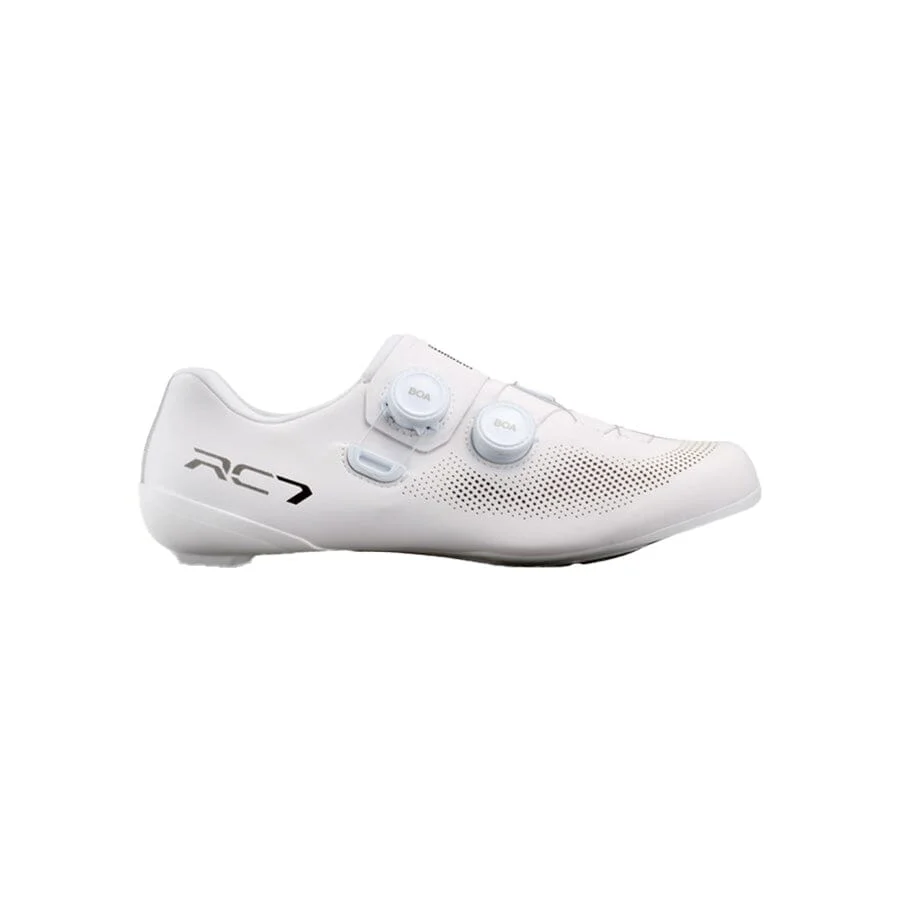
Regular price
$250.00
Regular price
$250.00
Sale price
$250.00
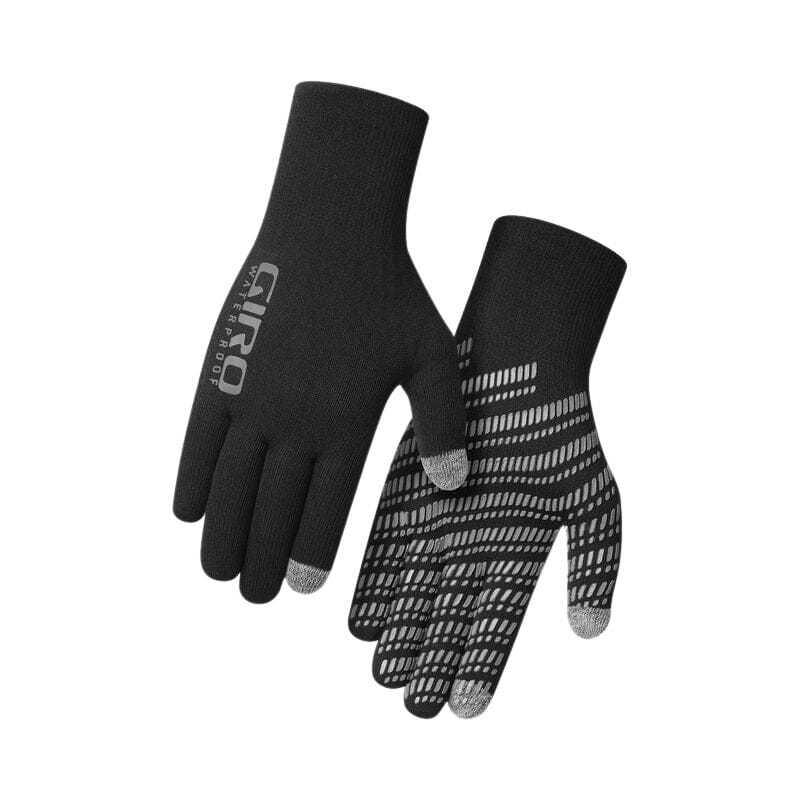
Regular price
$49.95
Regular price
$49.95
Sale price
$49.95

















